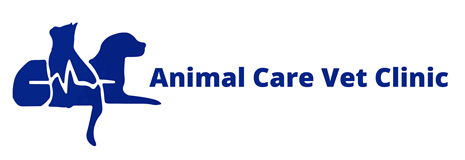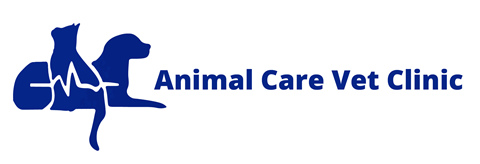As a veterinary surgeon, I frequently see cases of garbage intoxication in dogs, the symptoms of which can be very distressing to owners and vets alike.
During the warm, damp autumnal conditions, foods can spoil quickly and start to produce mould. These moulds most commonly grow on dairy products, nuts (especially walnuts and peanuts), grains, pasta and compost. As dog owners, we understand that many dogs are indiscriminate eaters and love to eat the grossest of food! In certain conditions, generally around 20-30 degree C with ambient moisture, certain moulds can grow in abundance that produce a substance called a ‘Mycotoxin’ which is toxic to dogs. I have seen many cases in Hawkes Bay where dogs eat the walnuts left under trees that are starting to spoil and become mouldy.
Which moulds are toxic?
The Penicillum spp is most commonly implicated and produces two mycotoxins called Penitrem A, and Roquefortine C. When ingested by dogs, these toxins are called “tremorgenic mycotoxins” as they cause a fine muscle tremor that can last for days. The mechanism of action of the toxin is thought to be by blocking the nerves that dampen down our movements (inhibitory neurotransmitters) so our dogs’ movement is jerky and not smooth.
What signs can we expect to see?
These “tremorgenic mycotoxins” are rapidly absorbed from your dog’s stomach and signs are usually seen within 1-2 hours after eating the mouldy food – although signs can sometimes be delayed for a few hours.
Clinical signs we can see are:
- Vomiting
- Drooling
- A drunken gait – Ataxia
- Increased blinking – Blepharospasm
- Fine muscle tremors
- Seizures
In addition, the dog will usually have a fast heart rate and can often have a high temperature as the tremoring muscles usually generate heat.
What should we do?
It’s really important to contact your veterinary surgeon immediately if these symptoms are seen in your dog. If your dog has already vomited, then it is advisable if possible, to bring in a sample for the vet to examine to see if there is evidence of mouldy food present. Alternatively, if you know that your dog has been eating garbage/compost/mouldy walnuts etc then a sample of the substance may prove helpful.
Other possible toxins that cause similar symptoms are slug bait, methylxanthines (found in tea, coffee, chocolate), organophosphates or some illicit substances.
What will your vet do?
The first step that your vet will need is a good history about where your dog has been, and what he/she may have eaten in the past few hours.
If you dog has vomited then examining the vomit may give an indication of the cause – walnut shell for example with mouldy walnuts. If your dog hasn’t vomited then your vet may induce vomiting to bring up the offending substances which will also help to determine the cause.
The vet will usually start your dog on intravenous fluid therapy to help to flush through the toxin and also to keep your dog hydrated. The vet will also need to give your dog medications to control the muscle tremoring and help to sedate your dog.
Your dog will usually have to be hospitalised for close monitoring to ensure that the symptoms do not progress to seizures. The dog should be kept in a calm quiet atmosphere as any stimulation can increase the tremoring and likelihood of seizures.
In severe cases your dog may need a general anaesthetic to control severe tremors or seizures and your dog may need a gastric lavage (stomach flush) to flush and remove the contents of the stomach using a tube.
Your dog may also be given activated charcoal which helps to absorb/bind any remaining toxin in the gastrointestinal tract.
The signs from exposure to mycotoxins usually resolve within 48 hours, however in extreme cases the muscle tremors can last a few days.
Prognosis
Fortunately, although the symptoms of mycotoxins can be very distressing, it is rarely lethal, and most dogs make a full recovery.



